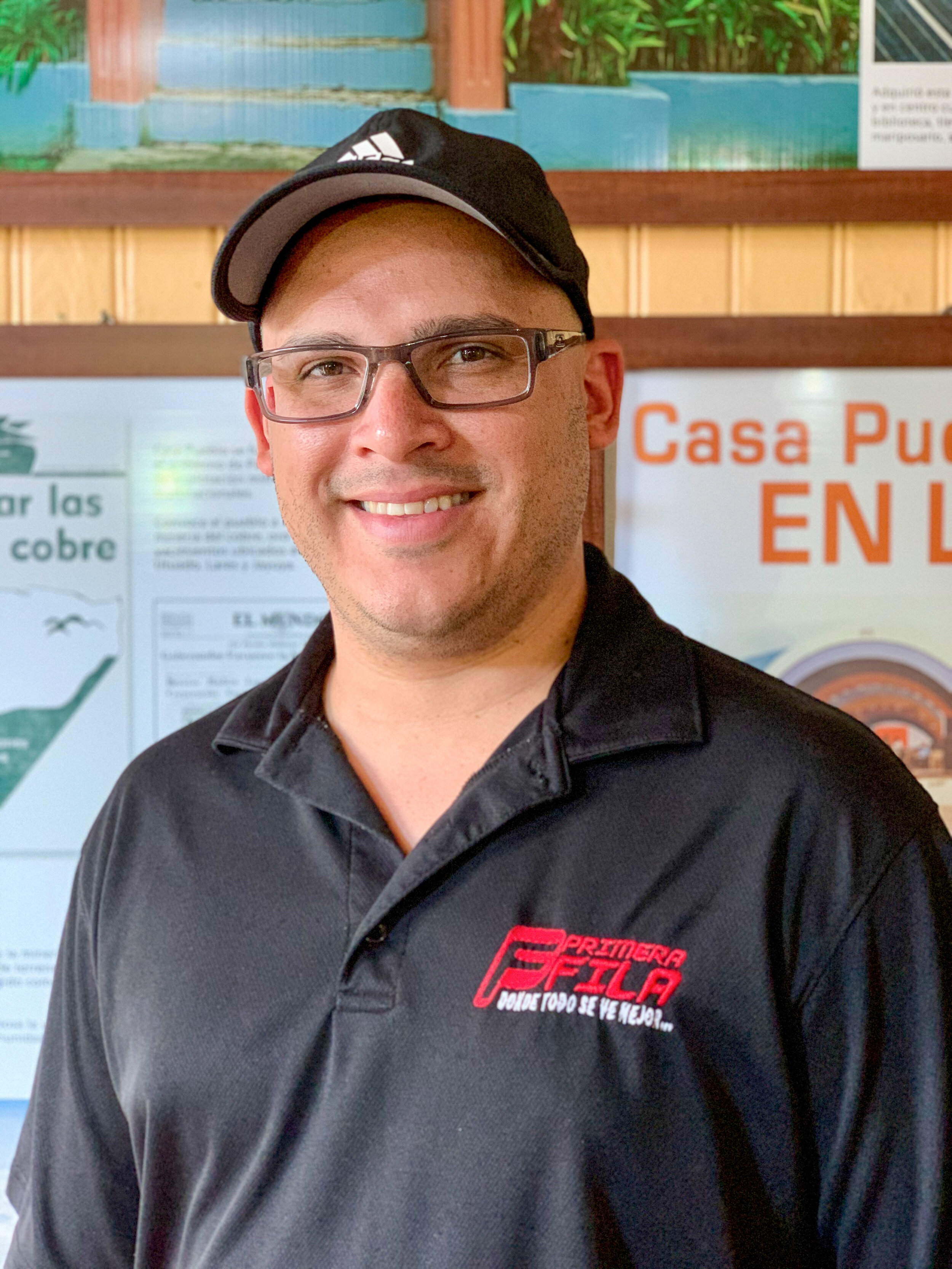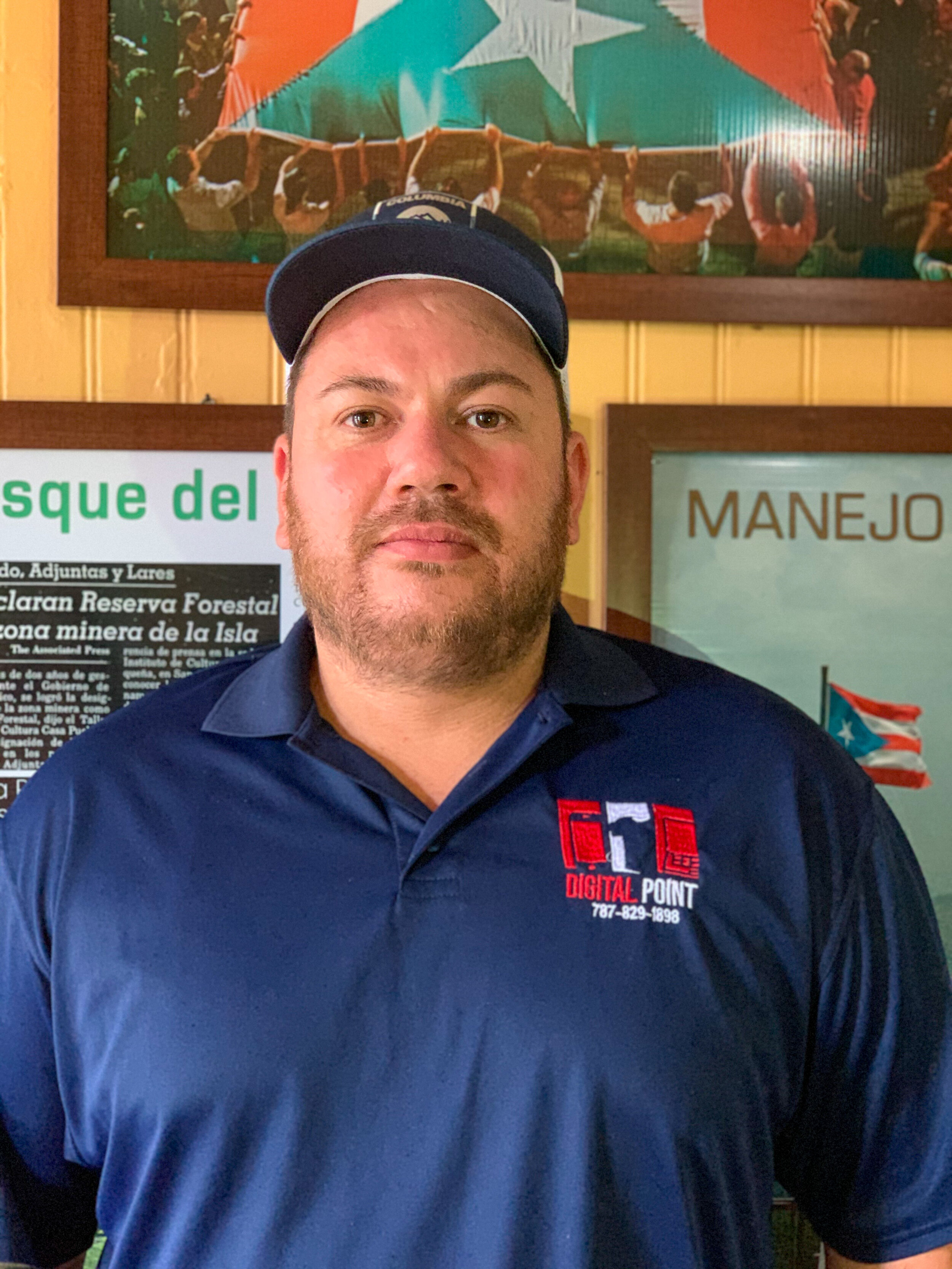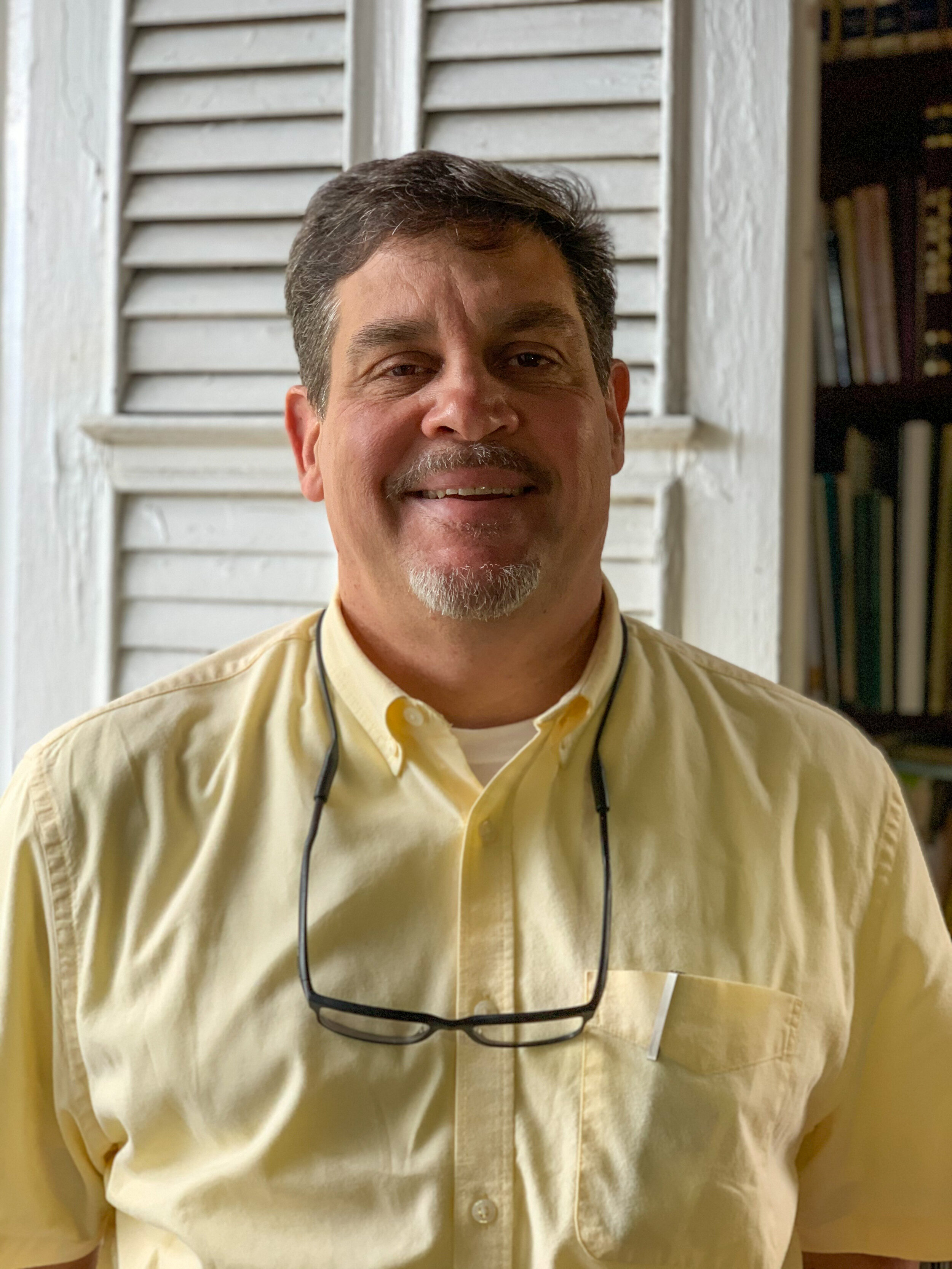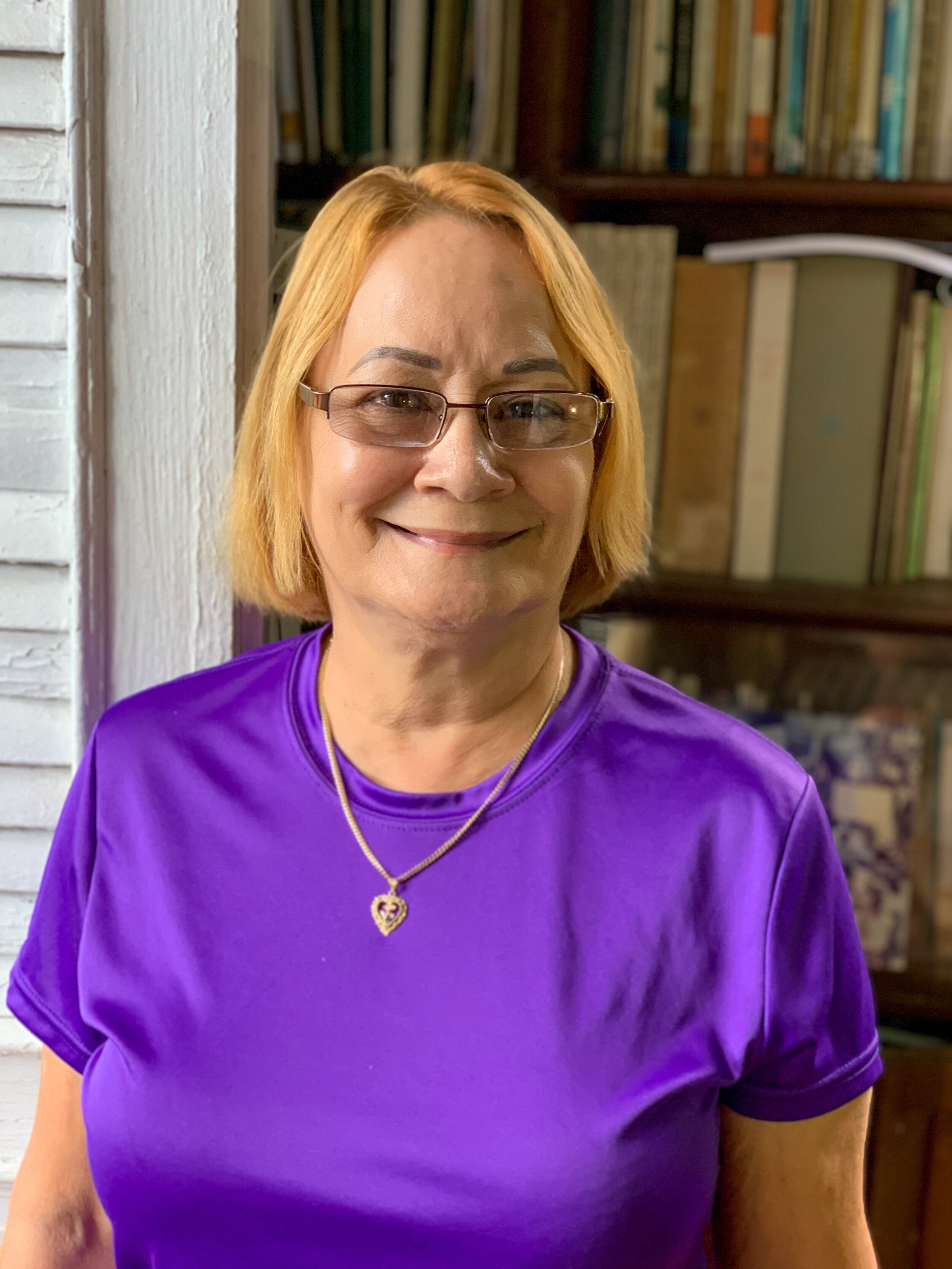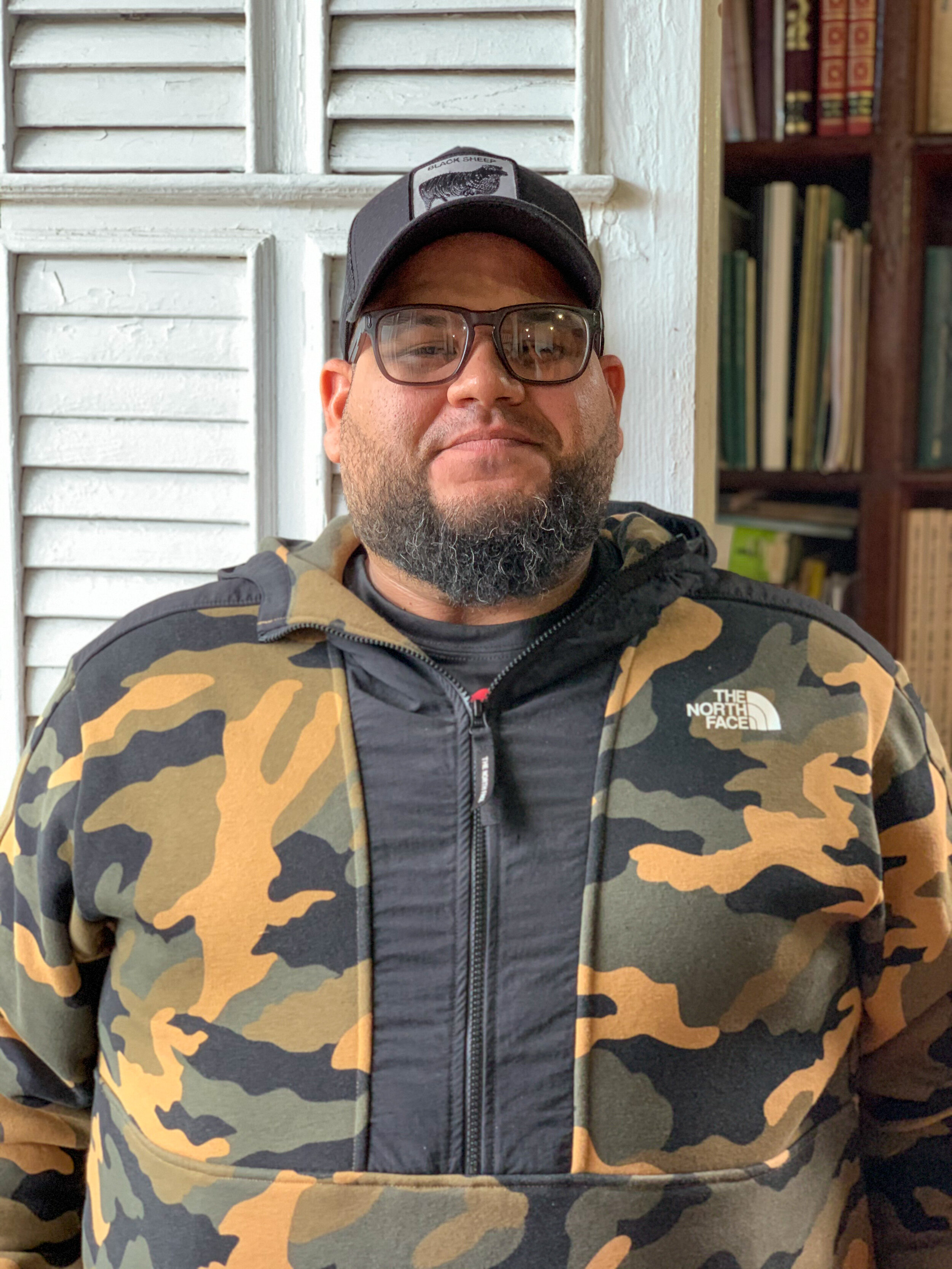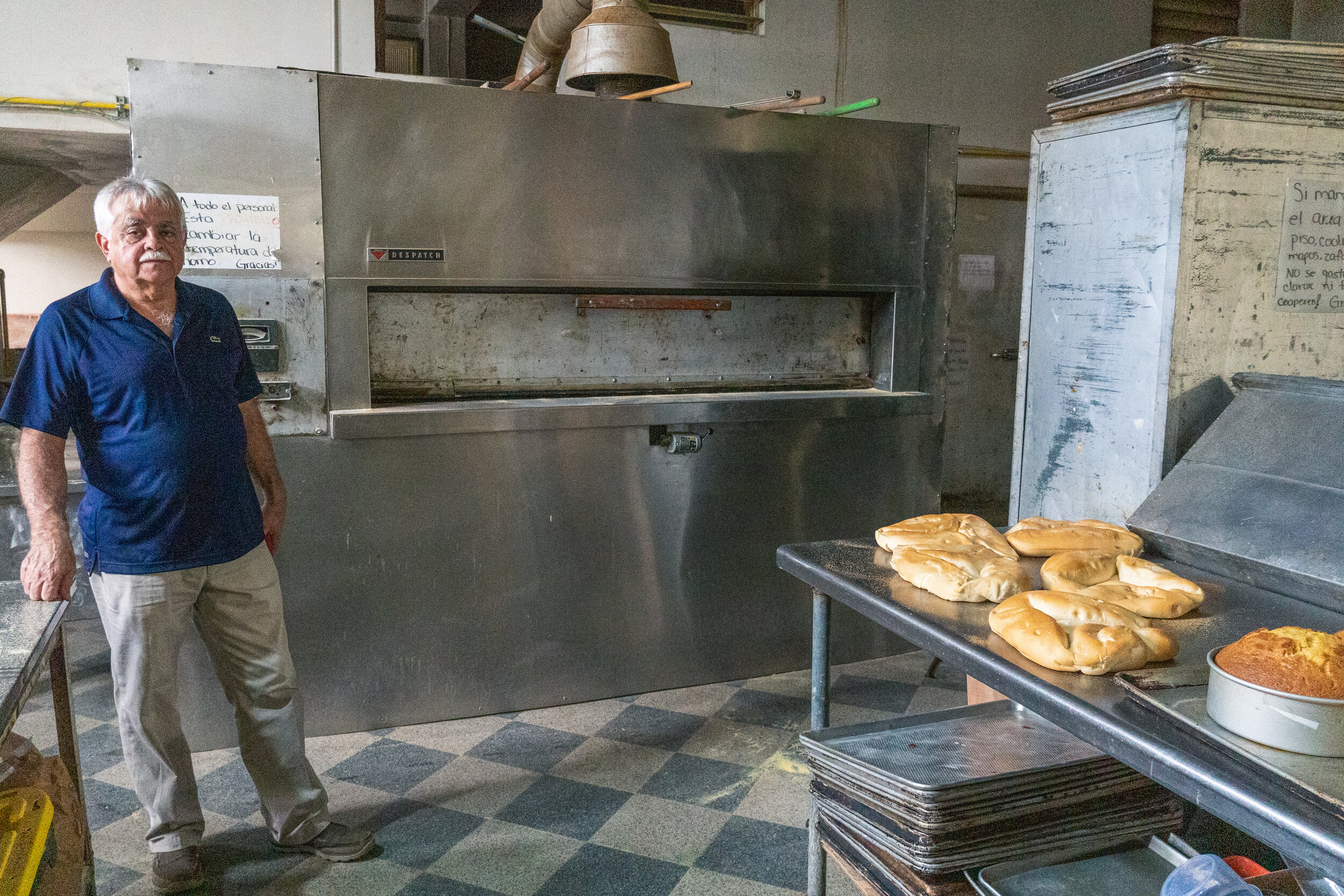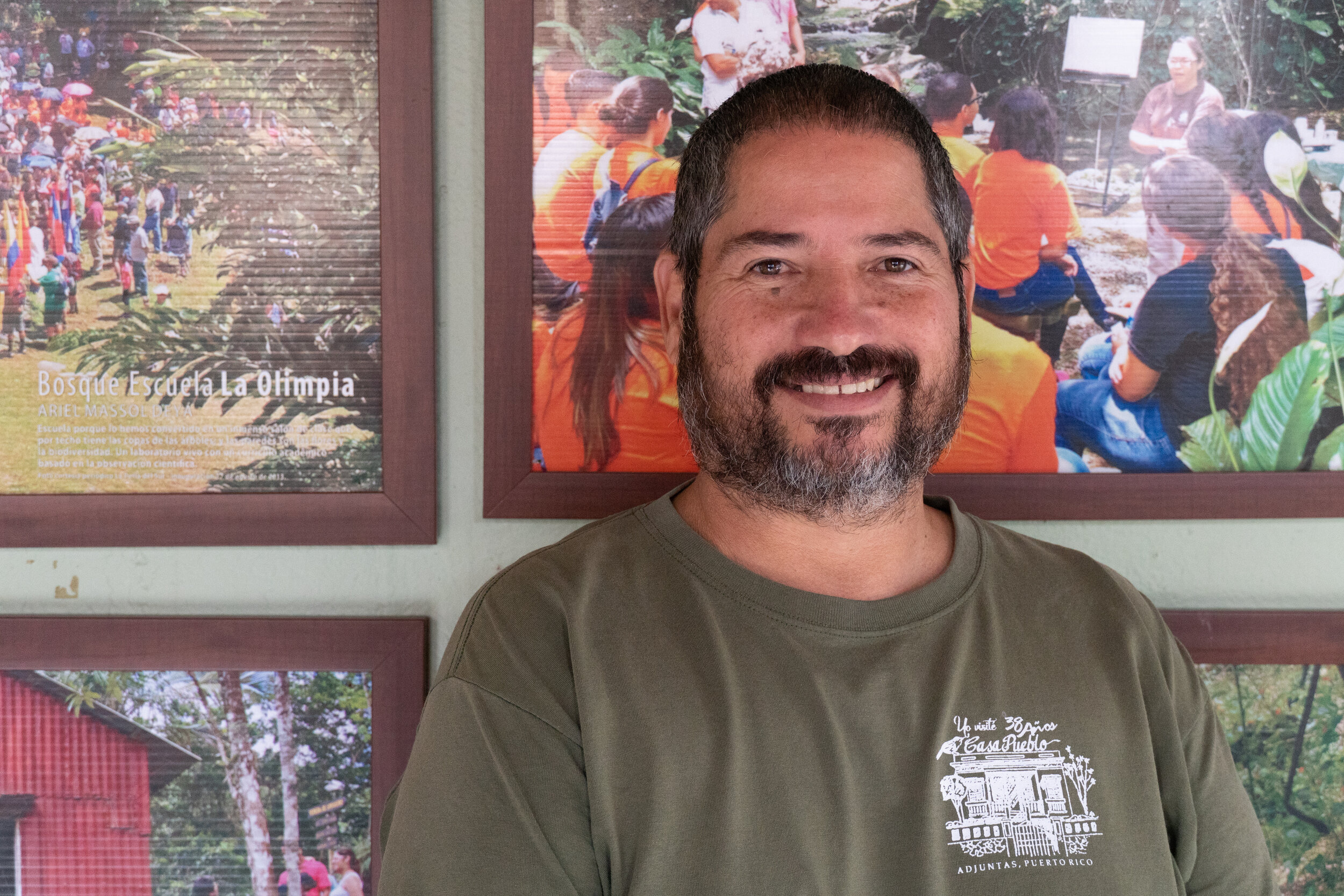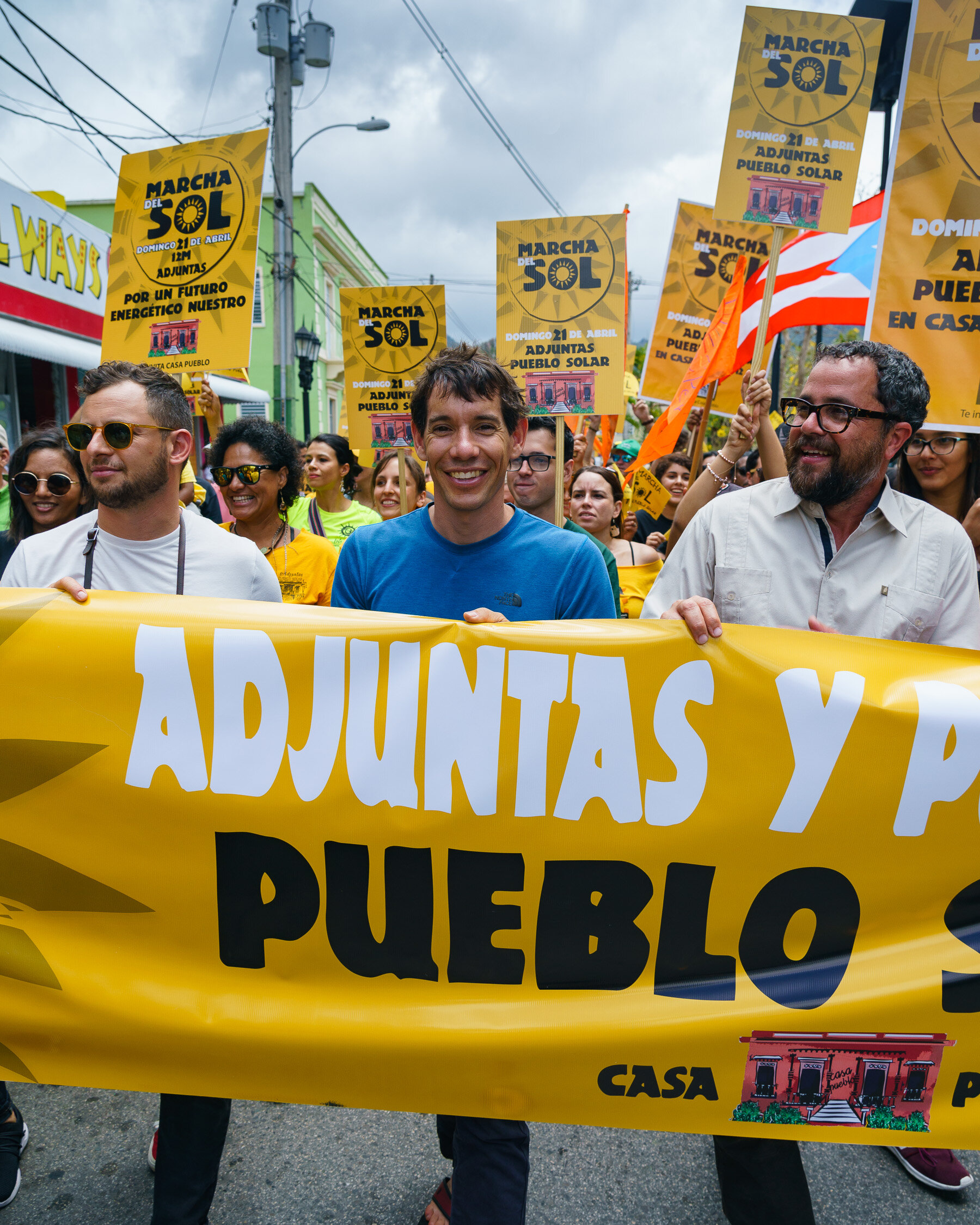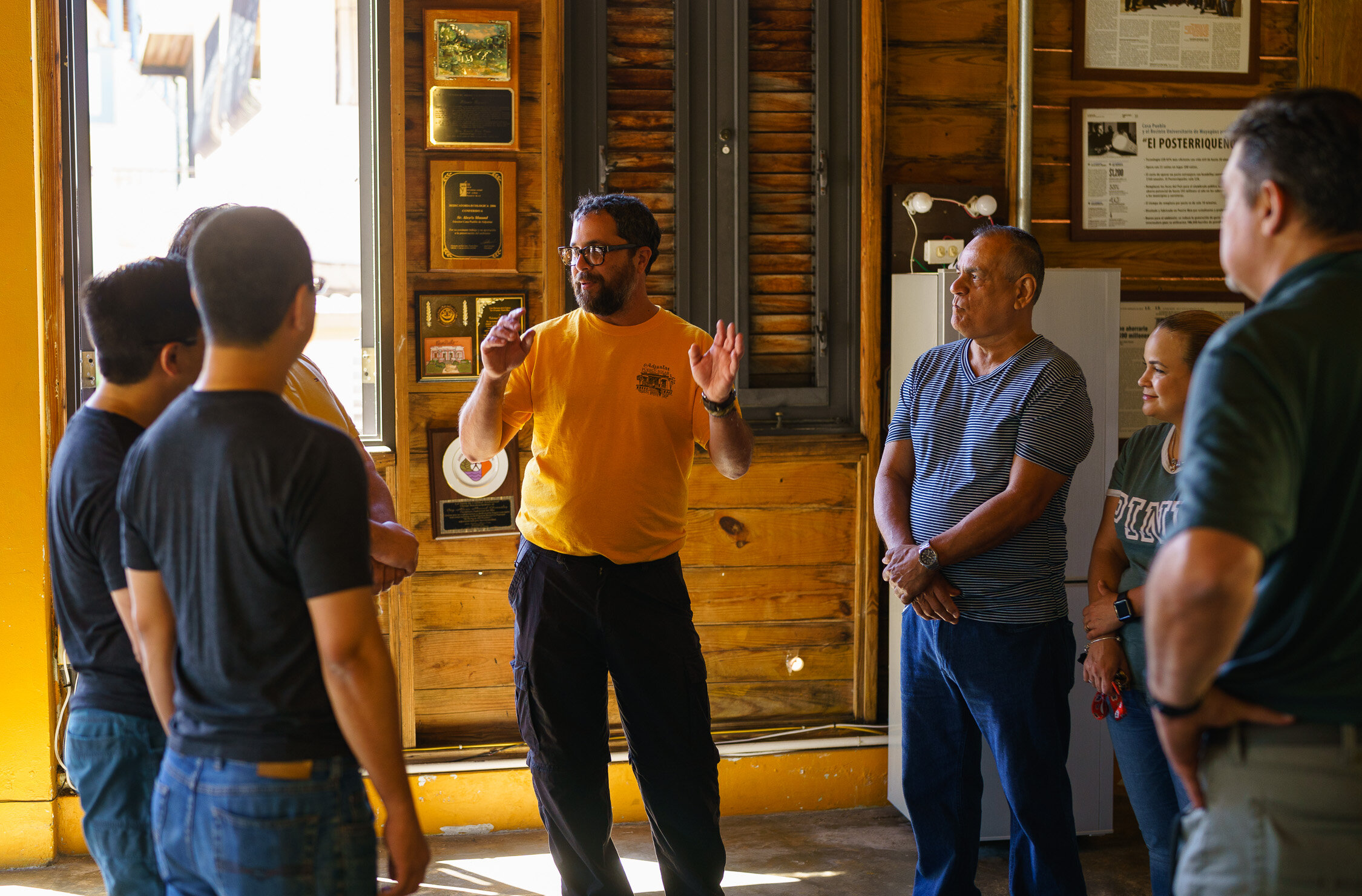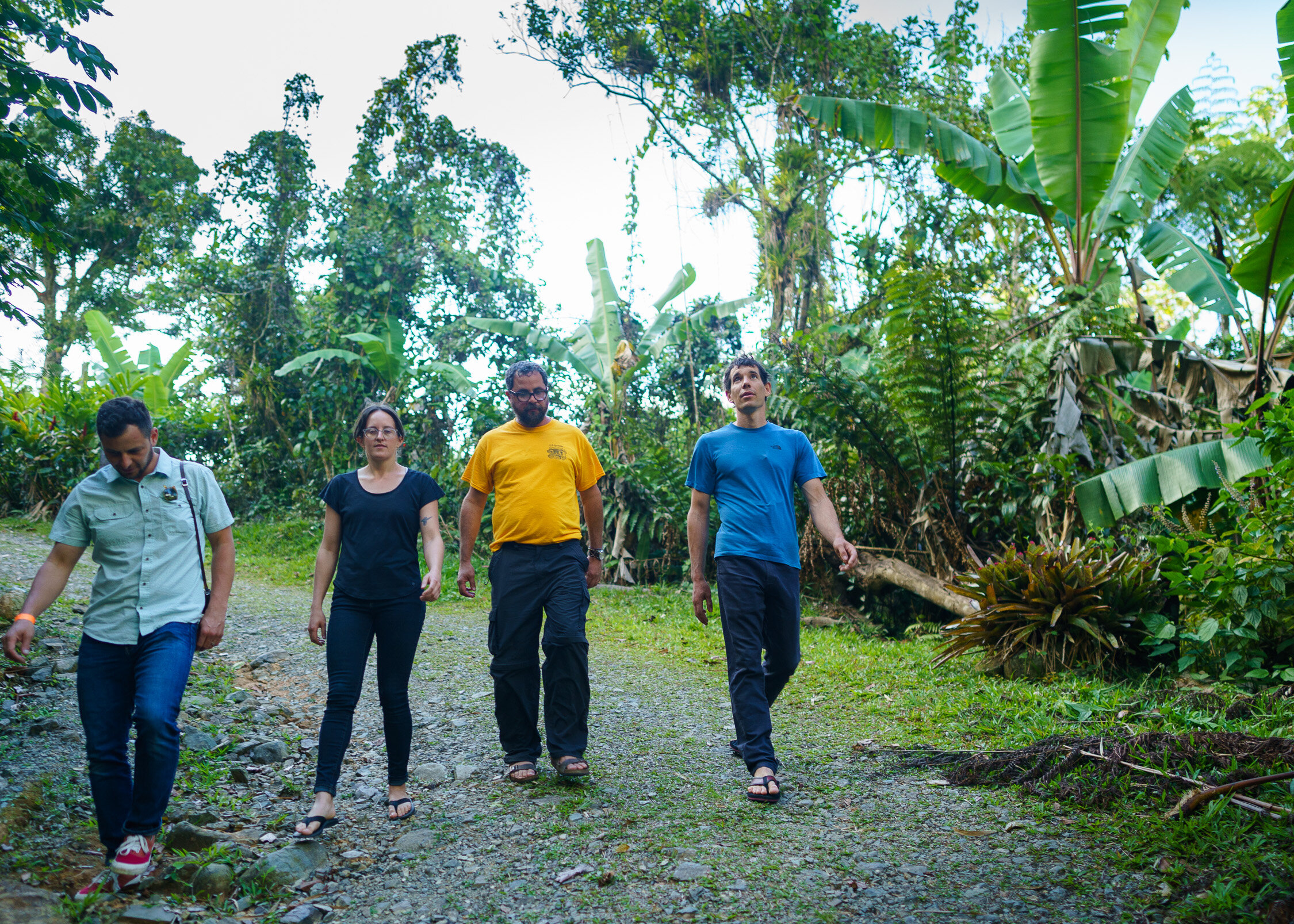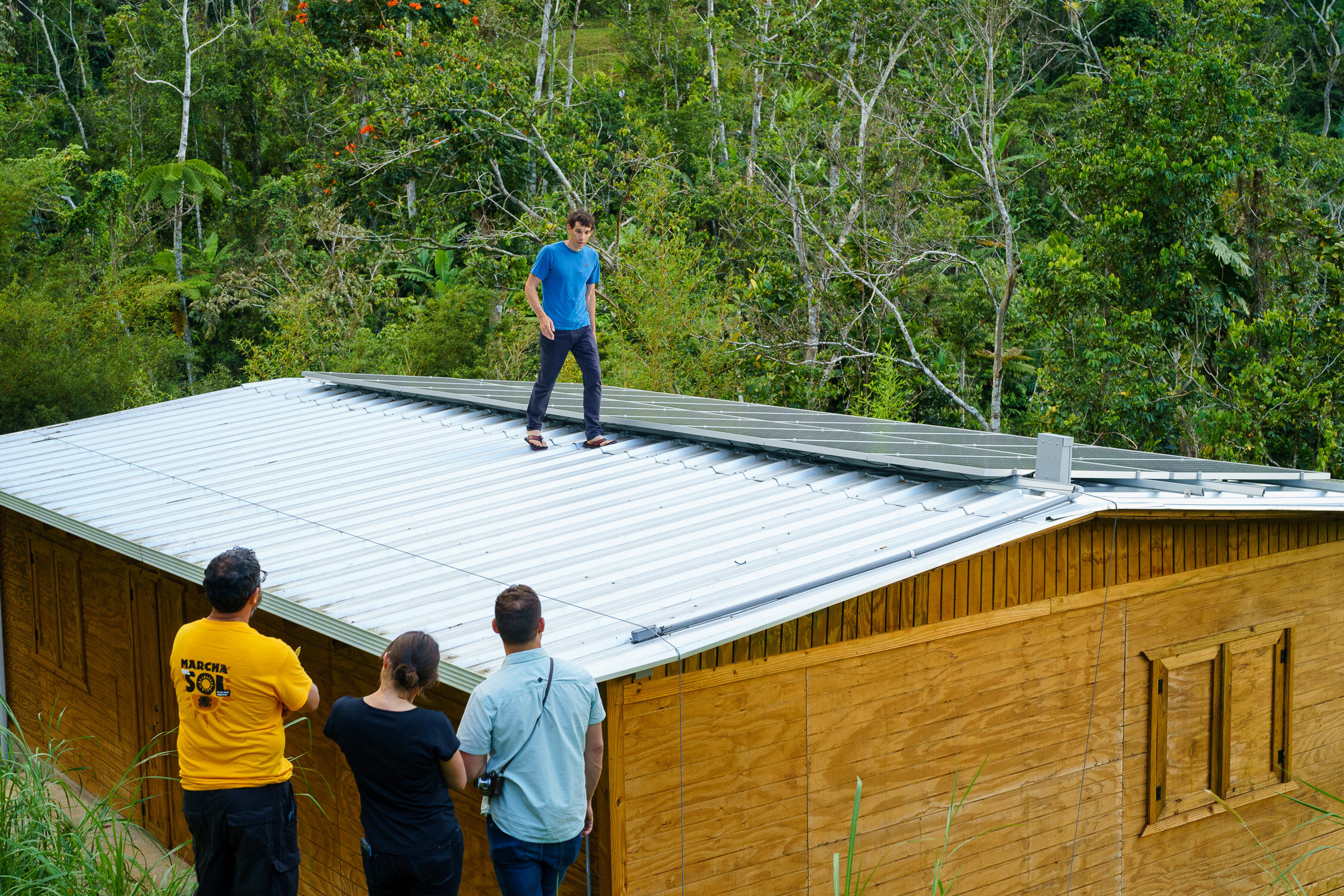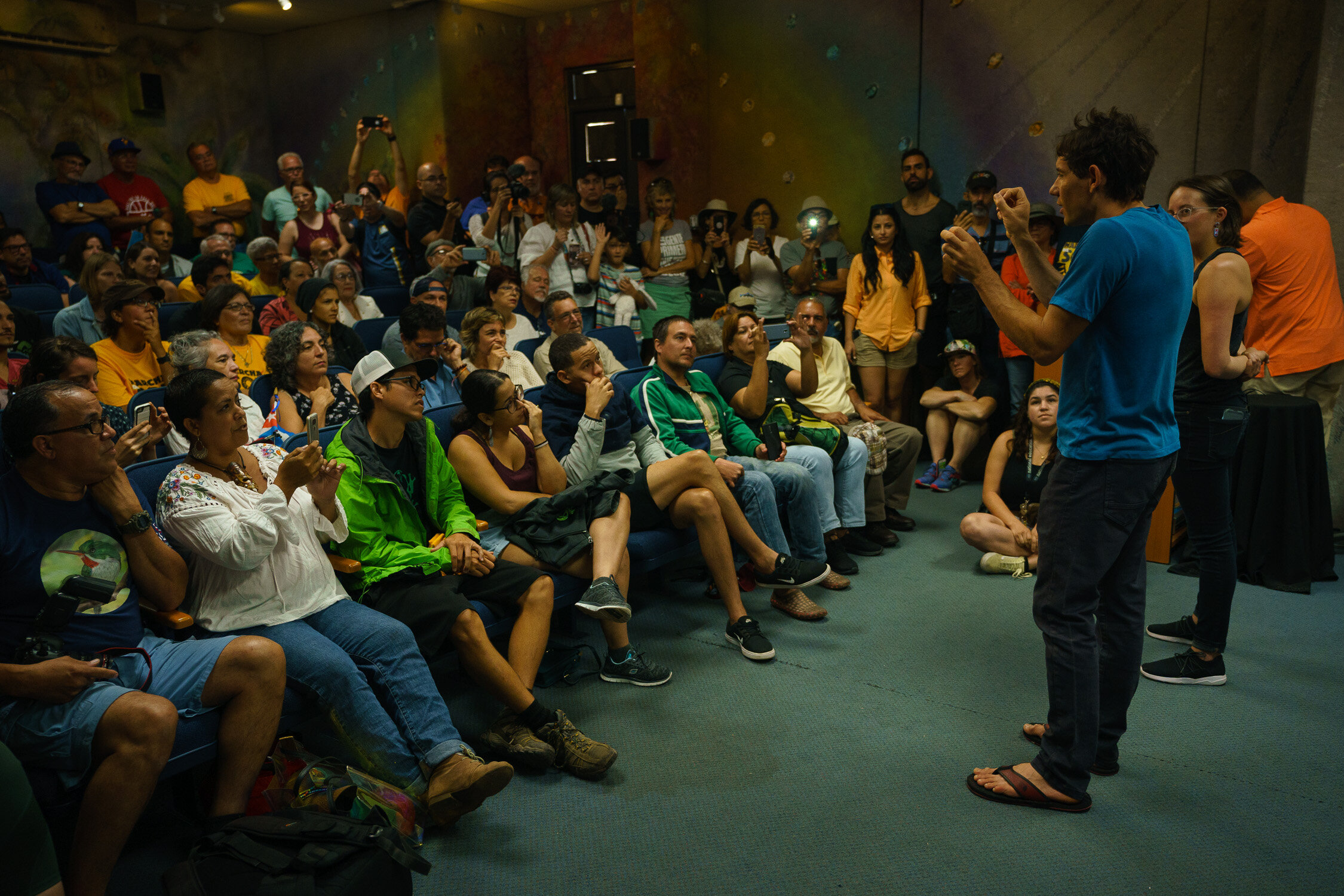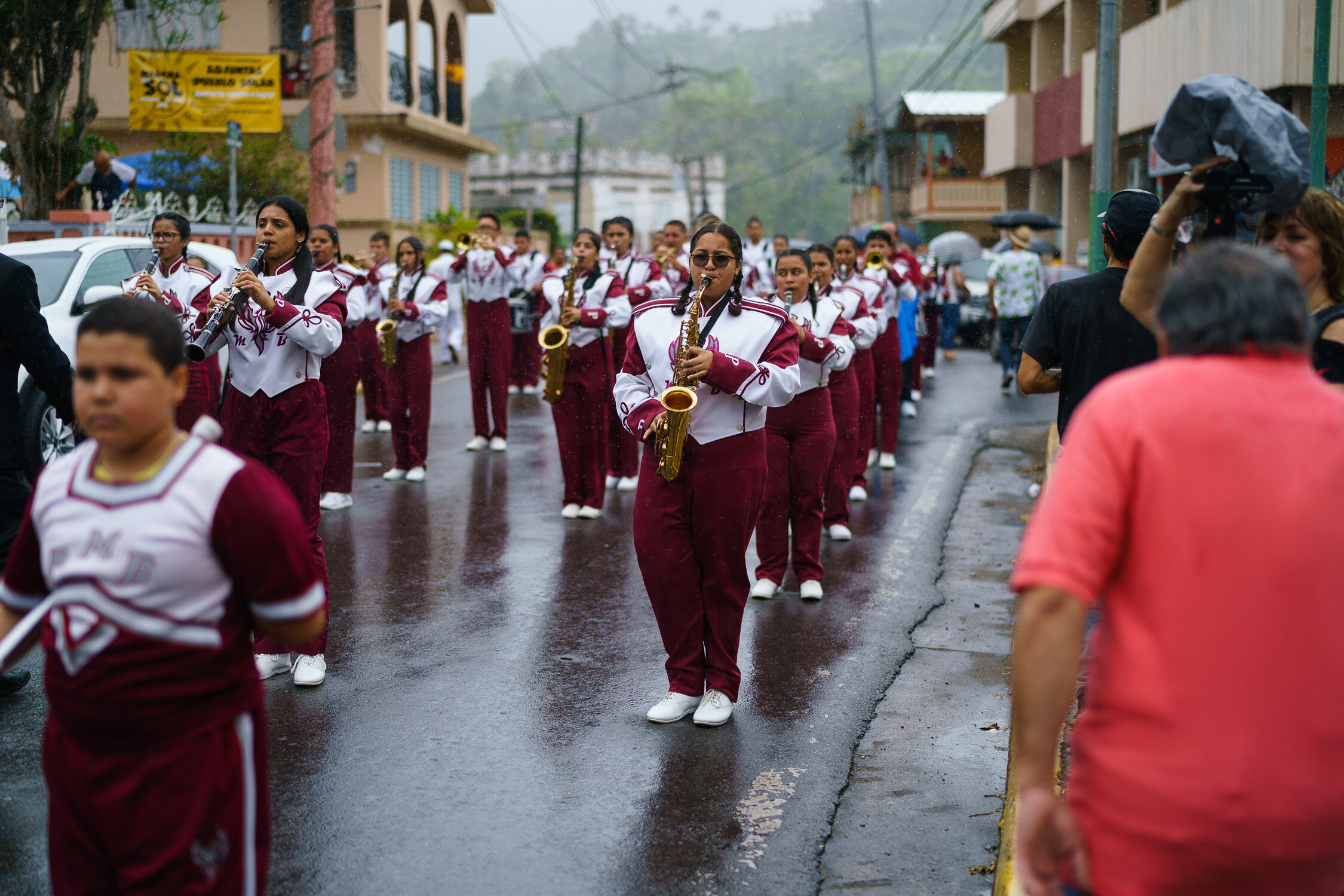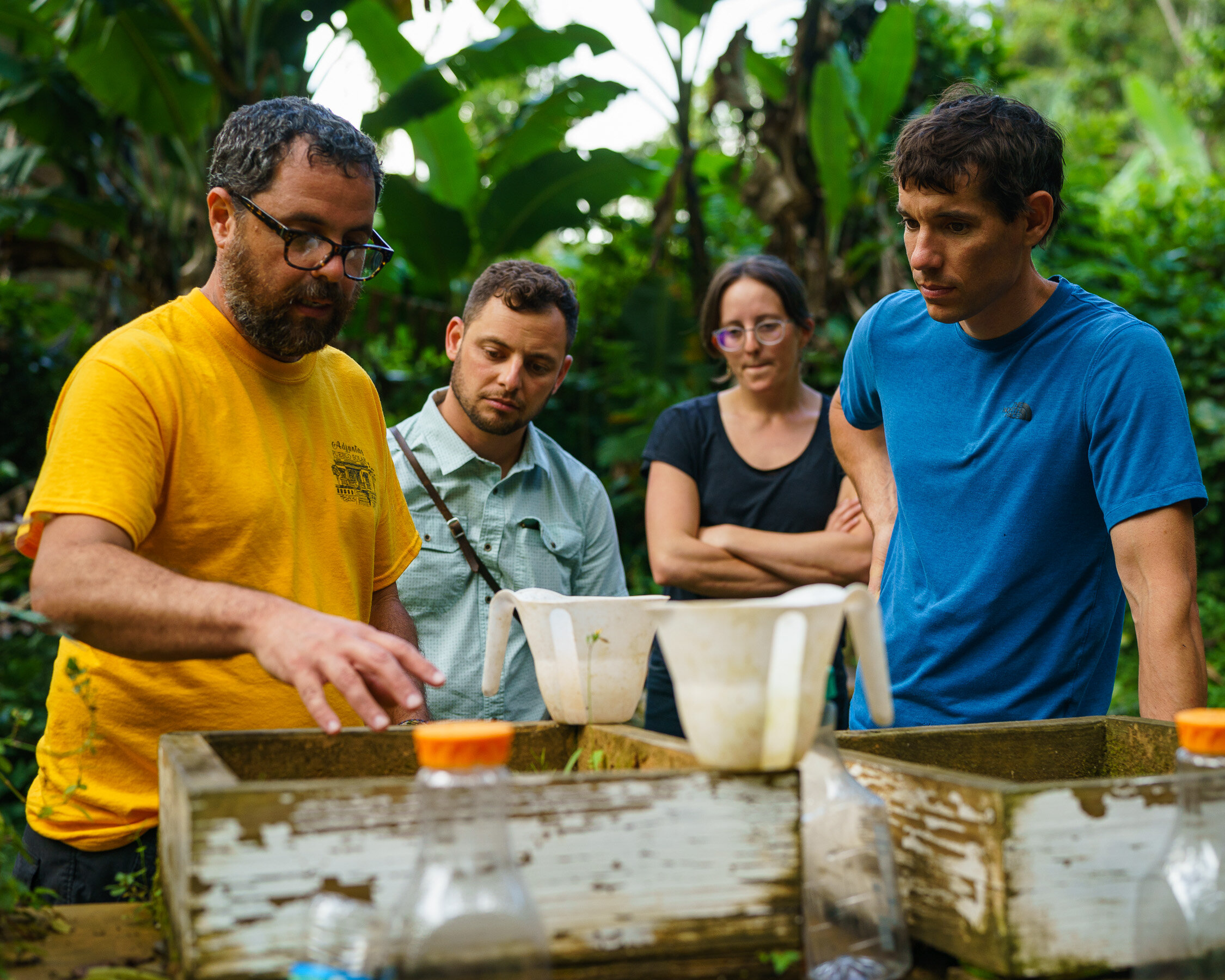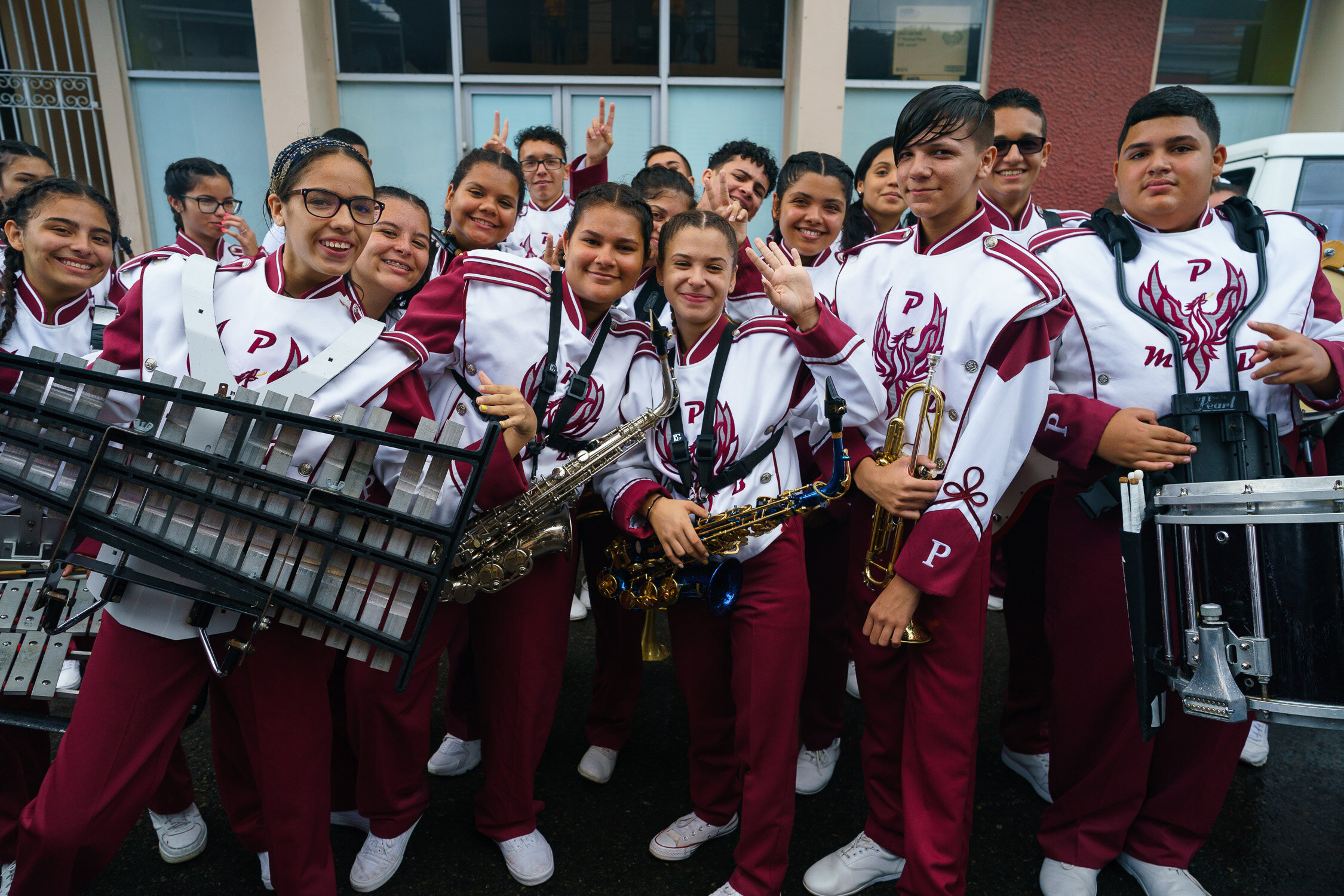By Alex Honnold, Founder
I’ve been struggling to write anything that doesn’t sound inconsequential in the face of a global pandemic, so I’ll get right to the point:
Our work at the Honnold Foundation continues. This year marked our first open call for new grant partners— the first time we’ve actively asked the world to submit their best ideas. That work continues in spite of the pandemic swirling around us, and we’ll announce our new grantees in April. For me, choosing new partners is a much needed relief from the daily news, and reading grant applications is one of the most heartening parts of my day. There’s something incredibly refreshing about reading peoples’ best ideas for using solar energy to do something useful for their community, and all of us at the Honnold Foundation are excited to share those stories with you soon.
Energy access is essential, and our mission of promoting solar energy for a more equitable world is as important now as ever.
In the coming months and years communities will be tested in new and challenging ways (I write that thinking about COVID-19, but it applies more broadly to our changing climate as well.) Solar energy access is a powerful way to boost resilience— it creates jobs, reduces environmental impact, and increases self-sufficiency and self-determination for marginalized communities. It’s important work— meaningful enough to me that I started a foundation to support it while I still lived in a van full time, seven years ago. And while it can be hard to look past our current crisis, energy access remains essential.
There’s no ask here. If you’ve supported the Honnold Foundation in some way in the past, we want you to know we appreciate you, and, and that we remain as committed to our work as ever. This year we plan to give more than $800,000 to our nonprofit partners around the world. In Puerto Rico, we’ve been working with Casa Pueblo to build the island’s first cooperatively managed solar microgrid, and after a year of planning and community organizing, the first solar panels were installed on February 28th.
So in a day that’s probably full of gloomy news, enjoy this photo and know that there is still positive change being made in the world.
Thanks. And stay safe out there,
















